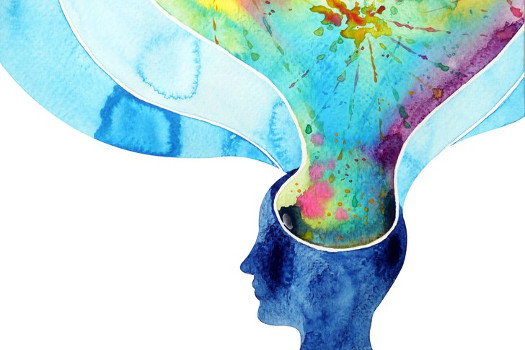DIETARY APPROACH TO DEFEAT DEPRESSION
Depression is one of the most common mental health problems that affects a vast amount of people around the globe. There are only a few people who know about the link between diet and depression. Generally, depression is thought to be due to a disturbance of the chemical substances or neurotransmitters in the brain and also can be a result of an emotional outbreak or distress. However, the lesser known fact is that the diet can largely influence on the course of depression. The usual pattern of food habits that can be seen during the depression is the loss of appetite, great desire for sweets and skipping of meals which continue from the pre-depression period.
These common and simple effects are usually neglected by doctors who see these patients. However, these kinds of behavioral changes are highly important to diagnose this condition at a very early stage. The early stage of depression is very easy to reverse when compared with its advanced state where many patients show a suicidal behavior. The use of EHR in mental health agencies helps in recording all simple to severe symptoms and the general habits of a person. Also, mental health EHR software can help in keeping a record of the deterioration or improvement of the symptoms of depression. Moreover, mental health EHR also has some pages to record the dietary habits of a person. This chart is usually controlled by a dietician. What makes this mental health software special is that it has the ability to incorporate clinical data, personal data and even the necessary background data in a single place.
The diet pages of the mental health EHR help to record the data about the food substances that need to be increased and also about the food substances need to be reduced or eliminated from the diet. However, the usual food substances that need to be increased are the protein containing food substances. The protein is packed with amino acids and these amino acids are highly essential for brain chemical such as neurotransmitters production. The improvement of neurotransmitters helps to raise the mood and also to cut down the other symptoms of depression. The other dietary changes that need to be made are increased intake of omega-3-fatty acids, vitamin B complex, folic acid, calcium, iron, zinc and selenium.
The major role of these dietary approaches is to increase the level of serotonin. Serotonin is a happy hormone that is secreted inside the brain. The decline in the level of this hormone is to blame for the development of depression. Anyhow, the dietary approach to defeat depression helps in normalizing the level of such hormone. The changes of the person undergoing the dietary therapy are also kept under the radar of the doctor as well as the dietician through the mental health therapy software.
Overall, the use of dietary approach helps the patients in defeating depression while the doctor and the dietician monitor the patient to see if he is following the regimens.





